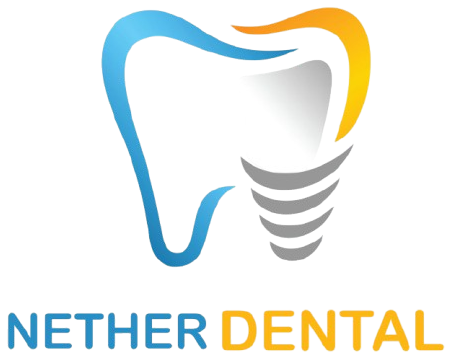Extraction in Finchley
Our Extraction Services
Tooth Extractions
At Nether Street Dental Practice, we always try our utmost to preserve existing teeth to help patients maintain and be proud of a healthy smile. Keeping teeth can also help to keep gums and mouths healthy and avoid potential dental conditions and diseases. However, there are some cases where our dental professionals will have no other option but to recommend tooth extractions.
If tooth decay has caused extensive tooth damage and cavity or a tooth is broken and not suitable for restoration, we will resort to tooth extractions. Over-crowding of teeth can be another reason why we may recommend tooth extractions.
Although tooth extractions aren’t the best result, they can help to immediately eliminate excruciating pain that is commonly caused by tooth decay. We offer both simple and surgical extractions depending on the complexity of your situation and dental problems. Get in touch with our experienced and knowledgeable dental team today by
Simple Extractions
Simple extractions are performed on teeth visible in the mouth, usually under local anesthesia. Once the area is numbed, the extraction can begin and it’s likely that two dental professionals will be present to help the extraction go as smoothly as it possibly can. Simple tooth extractions will involve removing a badly damaged or decayed tooth and can also be done for patients prior to getting braces. For any nervous patients, we may administer anti-anxiety tablets or use conscious sedation for simple cases of teeth pulling.
Surgical Extractions
In contrast to simple extractions, surgical extractions involve the removal of teeth that are not visible in the mouth. It involves the removal of teeth that cannot be easily accessed (e.g. wisdom teeth), either because they have broken under the gum line or because they have not fully erupted. Here, it’s a slightly more complex procedure that occurs when a tooth has not yet broken through the gum line, but still causing moderate to severe levels of pain. When surgical extractions are required, our expert dental professional will make a small incision into your gum so that we can easily access the affected tooth.
We have a highly experienced and skilled dental surgeon to help gently remove infected, broken and painful teeth for our patients without having to refer them to hospital. For nervous patient we will also offer oral sedation.
Frequently Asked Questions
Do tooth extractions hurt?
Before any tooth extraction procedure begins, local anesthetic is given to the patient to make them feel relaxed and comfortable. With tooth extractions, there is a lot of pushing and pulling in some cases where the tooth is strongly bonded to the gum line. Many teeth that are subjected to extraction have nerves that are dead or dying, which means that the affected tooth may not be able to send pain signals out. Pain before the treatment will vary from patient to patient but as soon as you are under local anesthetic, no pain should be experienced during treatment.
What is the recovery period?
Here at Nether Street Dental Practice, we will give you detailed instructions to follow to best look after your dental health and specific area where the tooth has been extracted. We recommend avoiding any hard foods for 24 hours after treatment and to regularly wash your mouth out with warm salt water – two times a day – to avoid the build of any bacteria or infections
Are there any side effects?
Side effects of a tooth extraction are usually temporary but can last from a week to ten days. Immediately after the surgery, it may take a couple of hours for feeling to return to the mouth after a local anaesthetic and care should be taken not to bite the tongue or cheek, and to avoid hot food and drinks.
Minor bleeding is normal for a day or two afterwards, and patients may experience some swelling and bruising, and some stiffness or discomfort in opening the mouth; this usually disappears within a week. The surrounding teeth may be sensitive, and patients may find pain symptoms heighten three days after the extraction. Swelling and pain can be treated with over-the-counter painkillers and warm compresses.
Some of the teeth in the lower jaw are very close to the nerves, and a removal from here can occasionally cause temporary numbness or tingling in the tongue, lip or chin.

